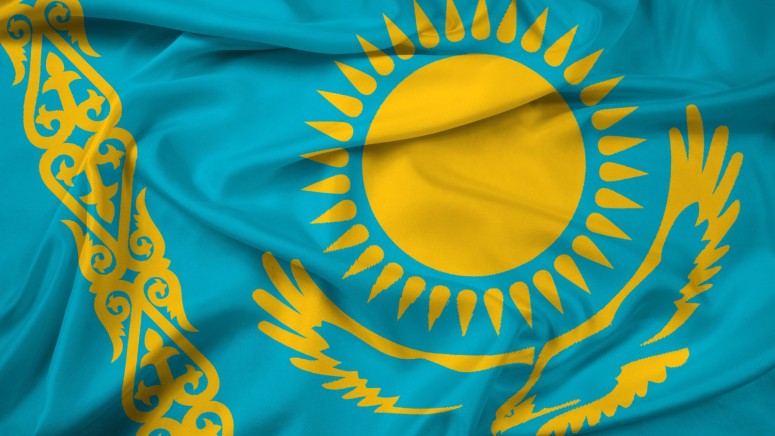
Kazakhstan Blocks LinkedIn Over Illegal Casino Advertisements and Fake Accounts
- Kazakhstan says LinkedIn violated its online advertisement rules and posted casino ads on the platform.
- For this reason and also for the existence of fake accounts, the Ministry of Information is blocking access to the website.
- Microsoft hasn’t responded to this action, but it is unlikely they’re surprised by the development.
The Ministry of Information and Social Development in Kazakhstan has decided to block its people's access to LinkedIn, Microsoft’s employment-oriented social media platform. The official reasons for this censorship action include the dissemination of casino advertisements that are illegal in the Central Asian country and the existence of fake accounts that constitute a risk for the local users. The Ministry states it has asked LinkedIn to remove the violating items immediately, but the company has failed to comply. When it does, it will reinstate access to its website.
LinkedIn hasn’t responded to this action publicly, and the details around the actual problem remain shady. However, it is unlikely that the firm is surprised by the development. Kazakhstan is ruled by a government that likes to keep tight control over what is allowed on its internet space and is known to regularly block social media platforms, live video streaming services, and even local news outlets that publish more than what the regime would like the public to know.
The LinkedIn platform isn’t a typical source of information or misinformation, so blocking it comes as strange news, but it is far from unprecedented. Russia’s internet watchdog, ‘Roskomnadzor’, has imposed a block to LinkedIn since 2016 for failing to operate local offices with servers that would store Russian user data in the country. Earlier, in 2014, the Chinese blocked LinkedIn for failing to censor several posts that went against its national rules, and in 2017, it enforced blocking of western country job postings on the platform.
If you live in Kazakhstan and you’re worried about government surveillance and censorship, you should have a look at our detailed guide on the practical implications of each blocking method and which VPN products are most likely to override them. That said, VPNs are legal in Kazakhstan, so you’re not running any risks of being prosecuted just by installing a network traffic encryption tool.
As for the existence of fake accounts, this has been well documented as the work of state-sponsored actors, mostly from North Korea. If you are using LinkedIn and you like to communicate with strangers there, be aware that you could very easily be talking to someone who’s hiding behind a fake persona. Do not trust them if they offer you lucrative work opportunities, and do not download documents they may send through the chat.





